In particular, he expressed his impression of the leadership of the late General Secretary Nguyen Phu Trong.
 Professor Carl Thayer - Australian Defence Academy, University of New South Wales. Photo: VNA
Professor Carl Thayer - Australian Defence Academy, University of New South Wales. Photo: VNA
Professor Thayer recalled that the late General Secretary Nguyen Phu Trong was first elected General Secretary at the 11th National Party Congress in 2011 and then re-elected at the 12th National Party Congress (2016) and 13th (2021). The professor assessed that the late General Secretary Nguyen Phu Trong was successful in his leadership role of the Communist Party of Vietnam when Vietnam continuously maintained a high growth rate, except during the COVID-19 pandemic in 2020-2021. Vietnam's economic growth rate averaged 5.5% from 2011-2023. In addition, the late General Secretary Nguyen Phu Trong demonstrated his leadership role by pursuing the fight against corruption and negative phenomena, the Party building campaign, responding to the COVID-19 pandemic and gaining international recognition for the key role of the Communist Party of Vietnam in foreign affairs.
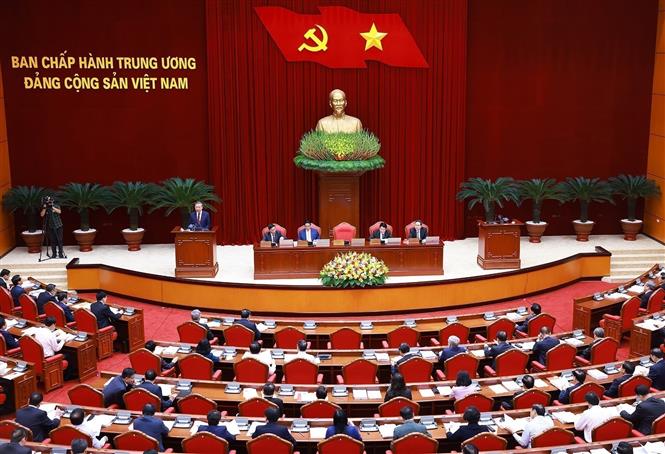 The 13th Party Central Committee Conference opened on the morning of November 25, 2024. Photo: Duong Giang/VNA
The 13th Party Central Committee Conference opened on the morning of November 25, 2024. Photo: Duong Giang/VNA
The anti-corruption campaign led by late General Secretary Nguyen Phu Trong has made significant progress, raising Vietnam’s score on Transparency International’s “Corruption Perceptions Index” from 2.9 in 2011 to 41 in 2023. The “Corruption Perceptions Index” ranks more than 180 countries on a scale of 0 (highly corrupt) to 100 (very clean). Vietnam moved up from 112th to 83rd place between 2011 and 2023.
According to Professor Thayer, corruption can be seen as a rust that erodes the power of the state by hindering the effectiveness of the state and discouraging foreign investment. The fight against corruption is a necessary but not sufficient requirement to achieve Vietnam’s development goals. Vietnam needs to continue the fight against corruption, while at the same time streamlining the state apparatus to facilitate the modernization of the means of production, taking advantage of the Fourth Industrial Revolution such as technological innovation, digitalization, artificial intelligence and quantum computing.
 During its 95 years of leadership (1930-2025), the Communist Party of Vietnam has led the country through countless challenges and achieved many outstanding achievements in various fields. Entering a new era, the Party continues to lead the country towards digital transformation, innovation and sustainable development, building a strong and prosperous Vietnam. Photo: VNA
During its 95 years of leadership (1930-2025), the Communist Party of Vietnam has led the country through countless challenges and achieved many outstanding achievements in various fields. Entering a new era, the Party continues to lead the country towards digital transformation, innovation and sustainable development, building a strong and prosperous Vietnam. Photo: VNA
The Communist Party of Vietnam has identified the country as being on the threshold of a new era – the era of growth. Professor Carl Thayer argues that the targets set by Vietnam for 2030 and 2045 are necessary to prevent Vietnam from falling into the middle-income trap. The middle-income trap arises when the development strategy based on foreign investment has reached its limits, and a middle-income country is no longer able to compete internationally due to relatively high wages and low productivity. In other words, the factors that have led to Vietnam’s current growth, such as labor-intensive manufacturing, are no longer sufficient to push incomes and productivity even higher.
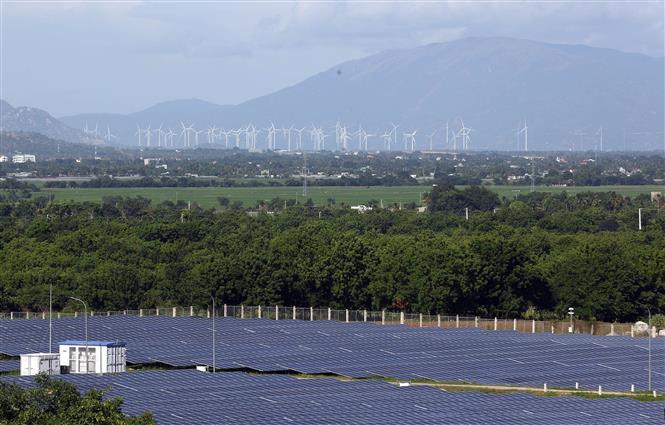 Vietnam is considered one of the countries with the largest wind power potential in Southeast Asia. Wind power promises to become one of the pillars of the renewable energy industry in Vietnam, contributing to ensuring energy security and mitigating climate change. Photo: Huy Hung / VNA
Vietnam is considered one of the countries with the largest wind power potential in Southeast Asia. Wind power promises to become one of the pillars of the renewable energy industry in Vietnam, contributing to ensuring energy security and mitigating climate change. Photo: Huy Hung / VNA
According to Professor Thayer, the current campaign to carry out a lean revolution in Vietnam’s state apparatus will give the country the opportunity to develop enough capacity to change production relations to a highly technology-intensive one. This is an opportunity to develop Vietnam’s middle class and encourage domestic consumption. At the same time, Vietnam has the opportunity to become a reliable “link” in the global supply chain for high-tech goods such as computer chips, solar panels and electric vehicles. Vietnam has the opportunity to take advantage of its growing network of comprehensive strategic partners, strategic partners and comprehensive partners.
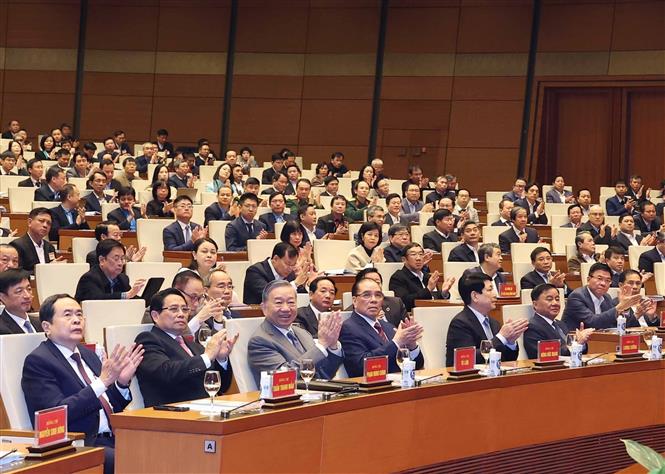 General Secretary To Lam and other leaders and former leaders of the Party and State attended the National Conference on Breakthroughs in Science , Technology, Innovation and National Digital Transformation held on the morning of January 13, 2025, at the National Assembly House. Photo: Thong Nhat/VNA
General Secretary To Lam and other leaders and former leaders of the Party and State attended the National Conference on Breakthroughs in Science , Technology, Innovation and National Digital Transformation held on the morning of January 13, 2025, at the National Assembly House. Photo: Thong Nhat/VNA
Professor Thayer said Vietnam faces many challenges in streamlining its apparatus, maintaining a unified whole-of-government commitment to change, reforming bureaucratic structures to oversee commercial enterprises, labor relations and energy use, and seeking foreign investment to upgrade its human resources for the new technological era.
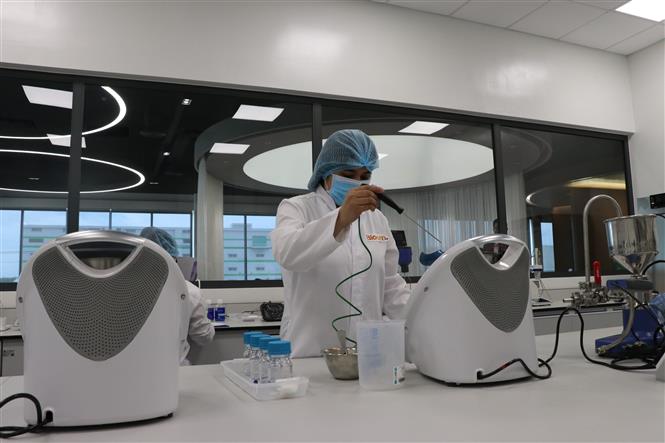 Staff at the Bloom Center for Inspiring Creativity and Promoting Global Innovation in Vietnam, a joint venture between Tetra Pak and DenEast (a Swedish investment company), are researching innovative technology. Photo: Duong Chi Tuong/VNA
Staff at the Bloom Center for Inspiring Creativity and Promoting Global Innovation in Vietnam, a joint venture between Tetra Pak and DenEast (a Swedish investment company), are researching innovative technology. Photo: Duong Chi Tuong/VNA
Finally, Vietnam must develop a highly skilled, technology-savvy workforce; develop well-integrated domestic value chains; proactively deepen regional trade integration; shift from labor-intensive to technology-intensive high-value manufacturing; and reduce carbon-intensive to low-carbon production activities.
Thanh Tu (Vietnam News Agency)






![[Photo] Urgently help people soon have a place to live and stabilize their lives](/_next/image?url=https%3A%2F%2Fvphoto.vietnam.vn%2Fthumb%2F1200x675%2Fvietnam%2Fresource%2FIMAGE%2F2025%2F12%2F09%2F1765248230297_c-jpg.webp&w=3840&q=75)
![[Photo] General Secretary To Lam works with the Standing Committees of the 14th Party Congress Subcommittees](/_next/image?url=https%3A%2F%2Fvphoto.vietnam.vn%2Fthumb%2F1200x675%2Fvietnam%2Fresource%2FIMAGE%2F2025%2F12%2F09%2F1765253019536_a1-bnd-0983-4829-jpg.webp&w=3840&q=75)
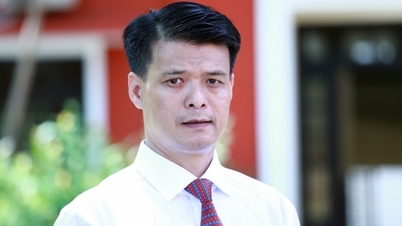







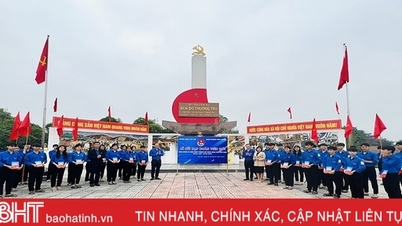

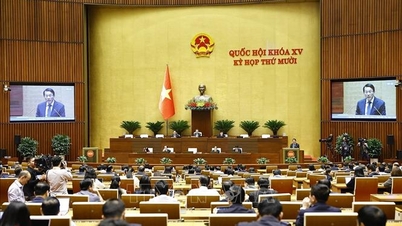
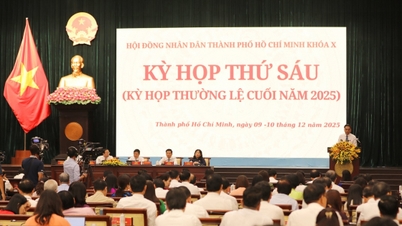



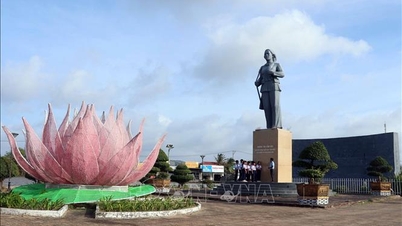
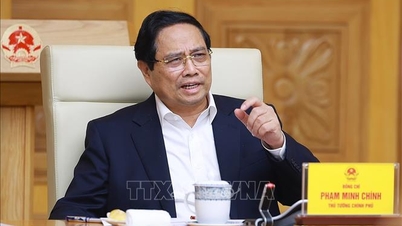




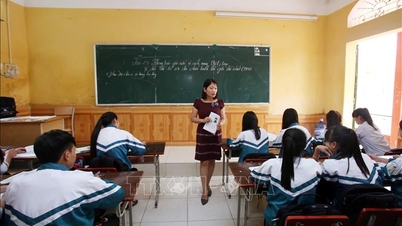
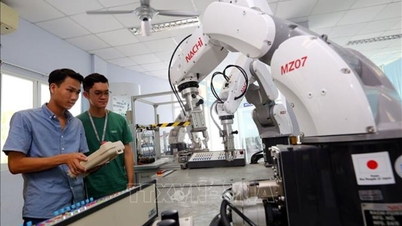

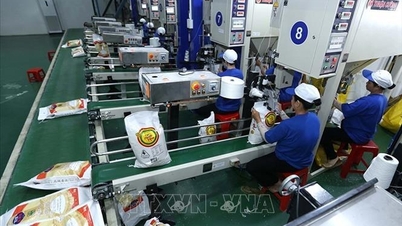
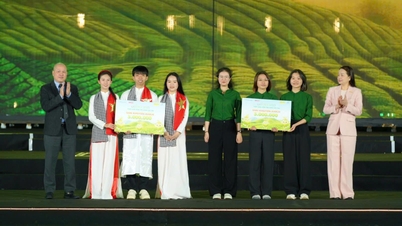
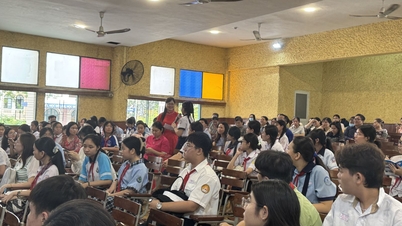
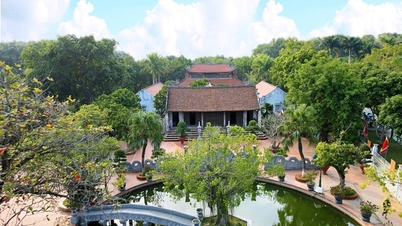

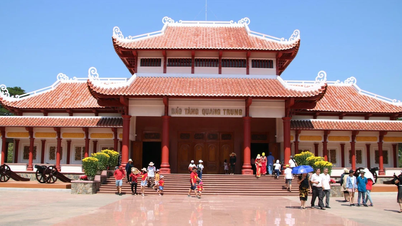

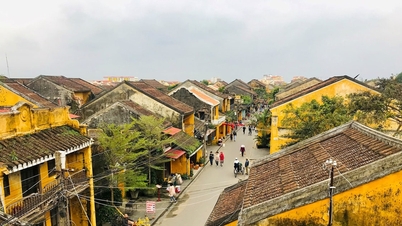

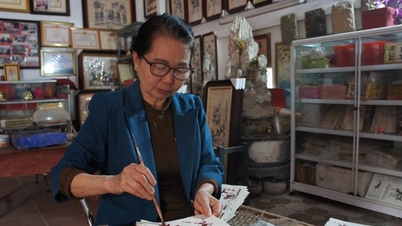

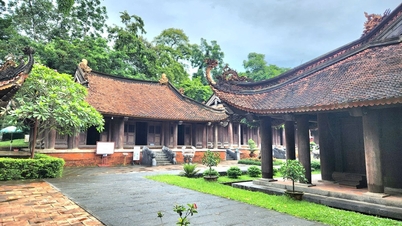





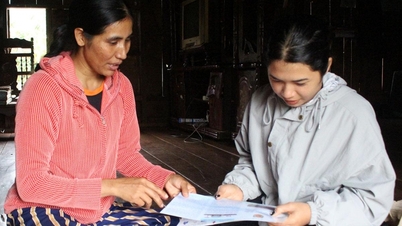

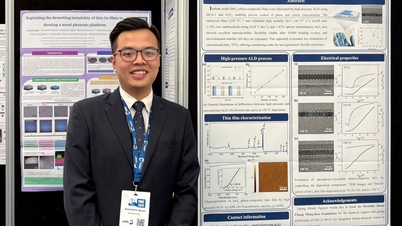





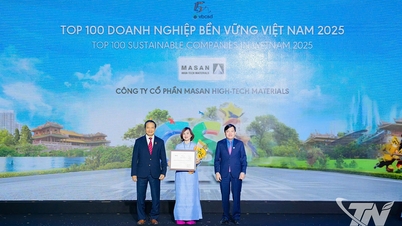

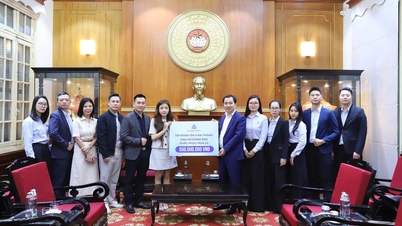
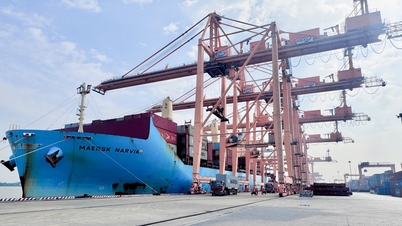
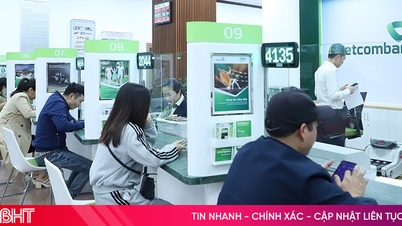

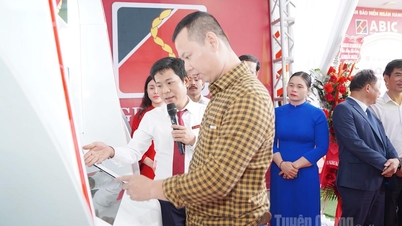

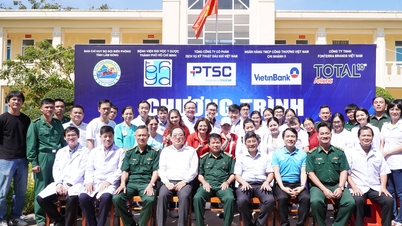






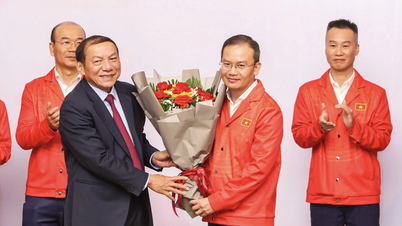

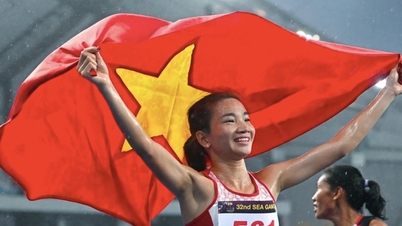

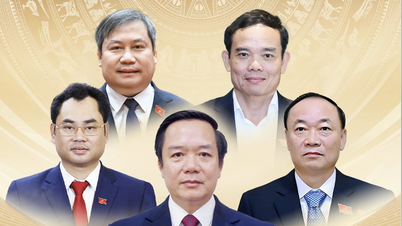


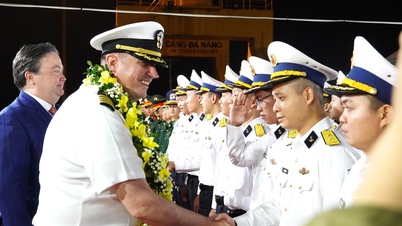
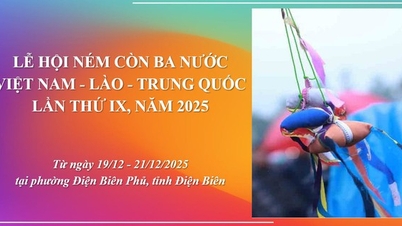




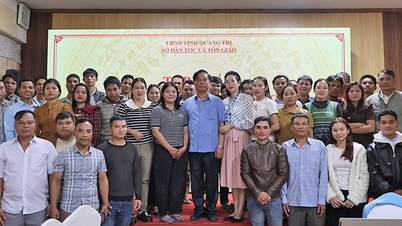
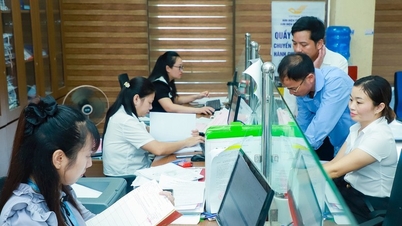

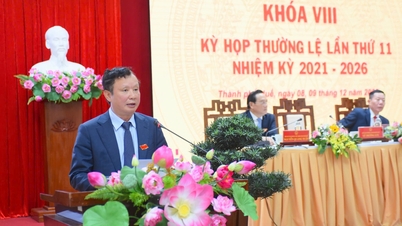



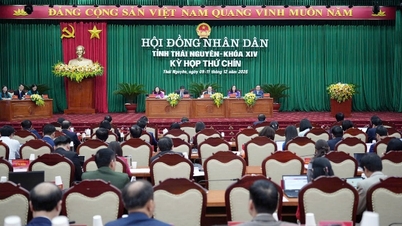


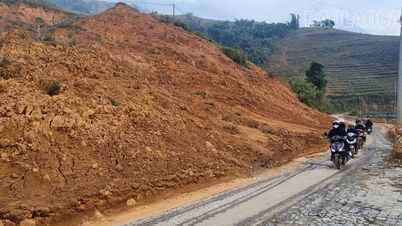











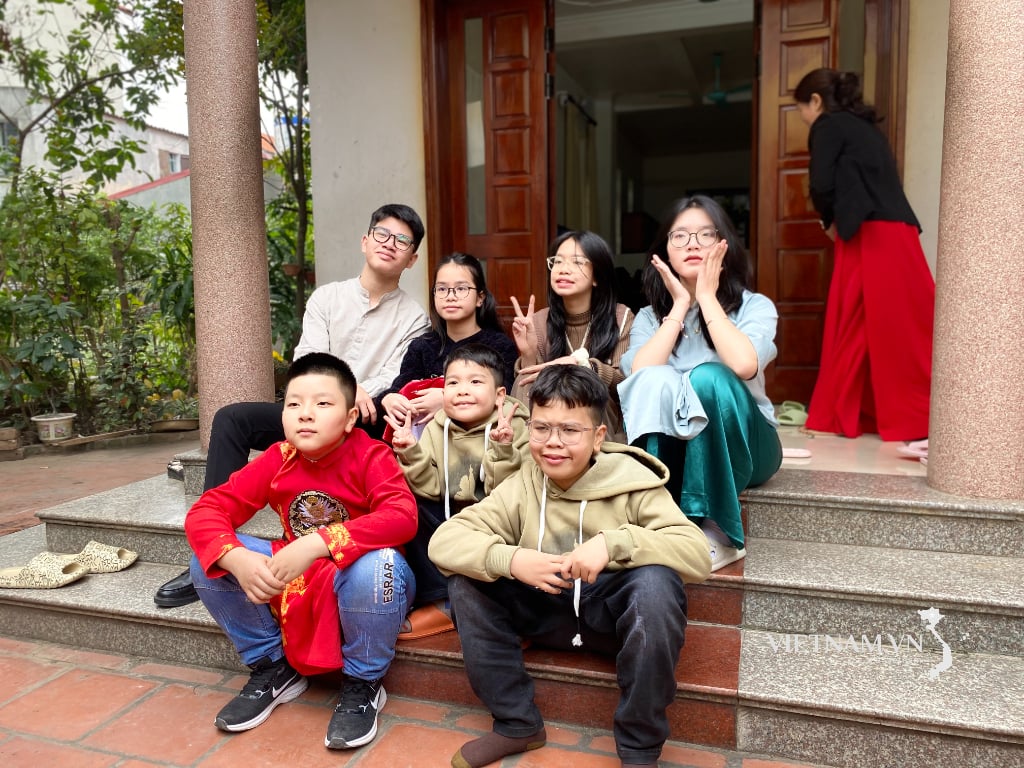






Comment (0)